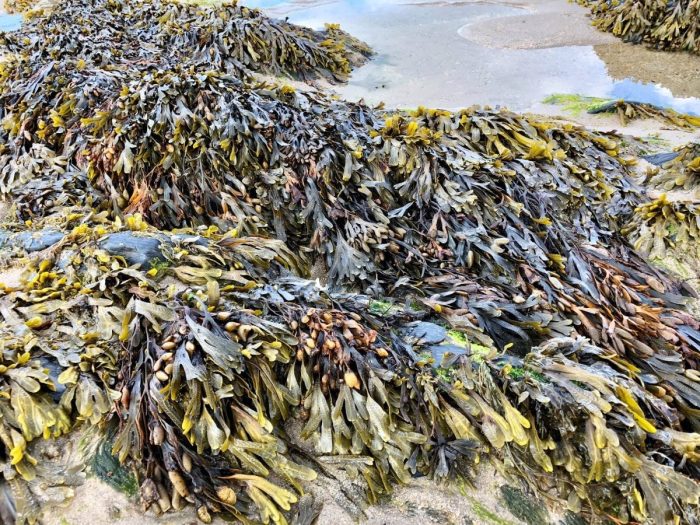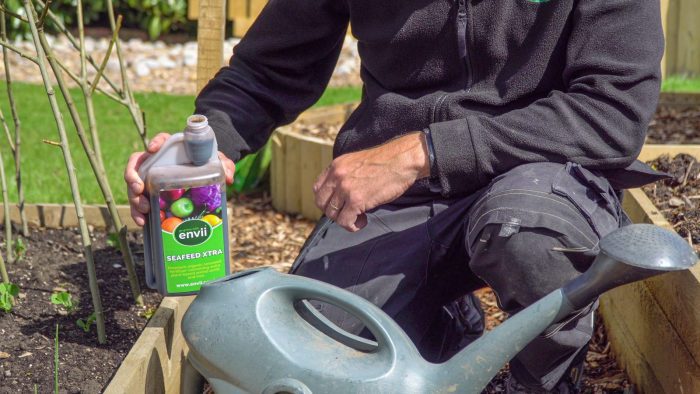If you didn’t already know, seaweed fertilisers are one of the best plant fertilisers out there. In fact, some coastal growers harvest seaweed and use it in their gardens to enhance their crops. That’s if they are allowed to harvest seaweed from, often, privately-owned beaches.
So why are seaweed fertilisers popular for gardening? Despite being different from the typical structure of most fertilisers. Seaweed’s unique nutritional value works well, if not better, to encourage essential biological plant processes.
If you didn’t already know, seaweed fertilisers are one of the best plant fertilisers out there. In fact, some coastal growers harvest seaweed and use it in their gardens to enhance their crops. That’s if they are allowed to harvest seaweed from, often, privately-owned beaches.
So why are seaweed fertilisers popular for gardening? Despite being different from the typical structure of most fertilisers. Seaweed’s unique nutritional value works well, if not better, to encourage essential biological plant processes.

Seaweed Fertiliser vs. Other Fertiliser
Most fertilisers are typically made up of high nitrogen, phosphorous and potassium concentrations. Seaweed mainly contains potassium of these three. In place of nitrogen and phosphorous, seaweed is rich in higher concentrations of many other vitamins, minerals and enzymes. These work to enhance the health and growth of plants. One way seaweed improves plant health is by boosting their ability to resist external/environmental factors that risk their development.
How Seaweed Boosts Plant Resistance
Ascophyllum Nodosum is a common seaweed variety used in agriculture. It can thrive at very high and low temperatures, ranging from -25 degrees Celsius and up to 40 degrees. This is because, over time, seaweed has evolved. Its biochemical compounds, or DNA, changed to cope with the harsh conditions of its habitat, salty sea water.
As it so happens, these attributes are beneficial for plants. Therefore, seaweed fertilisers strengths a plants ability to adapt and overcome external and abiotic causes of stress consequently, increasing resistance.
In fact, there are 5 specific ways in which seaweed boosts plant resistance:
- Frost
- Pests (Aphids)
- Soil Borne Diseases (Seaweed stimulates the growth of microbial fungi in soil that assists in defending plants from soil-borne diseases.)
- Stress
- Drought
Furthermore, you should read our post about the benefits of liquid seaweed fertiliser. This guide uncovers why seaweed improves the health of plants.
Otherwise, if you can’t wait to get your hands on a seaweed fertiliser, we recommend Seafeed Xtra! Seafeed Xtra is a liquid fertiliser. It contains a higher concentration of beneficial vitamins and minerals compared to the average seaweed fertiliser. Giving your crops even more strength and resistance during periods of harsh weather. Such as; frost, pests, disease, stress or drought. As well as when they’re young and sensitive to their environment.


 Call us on 01246 240880
Call us on 01246 240880 Free 48hr Delivery
Free 48hr Delivery Sign-up and receive 10% off
Sign-up and receive 10% off